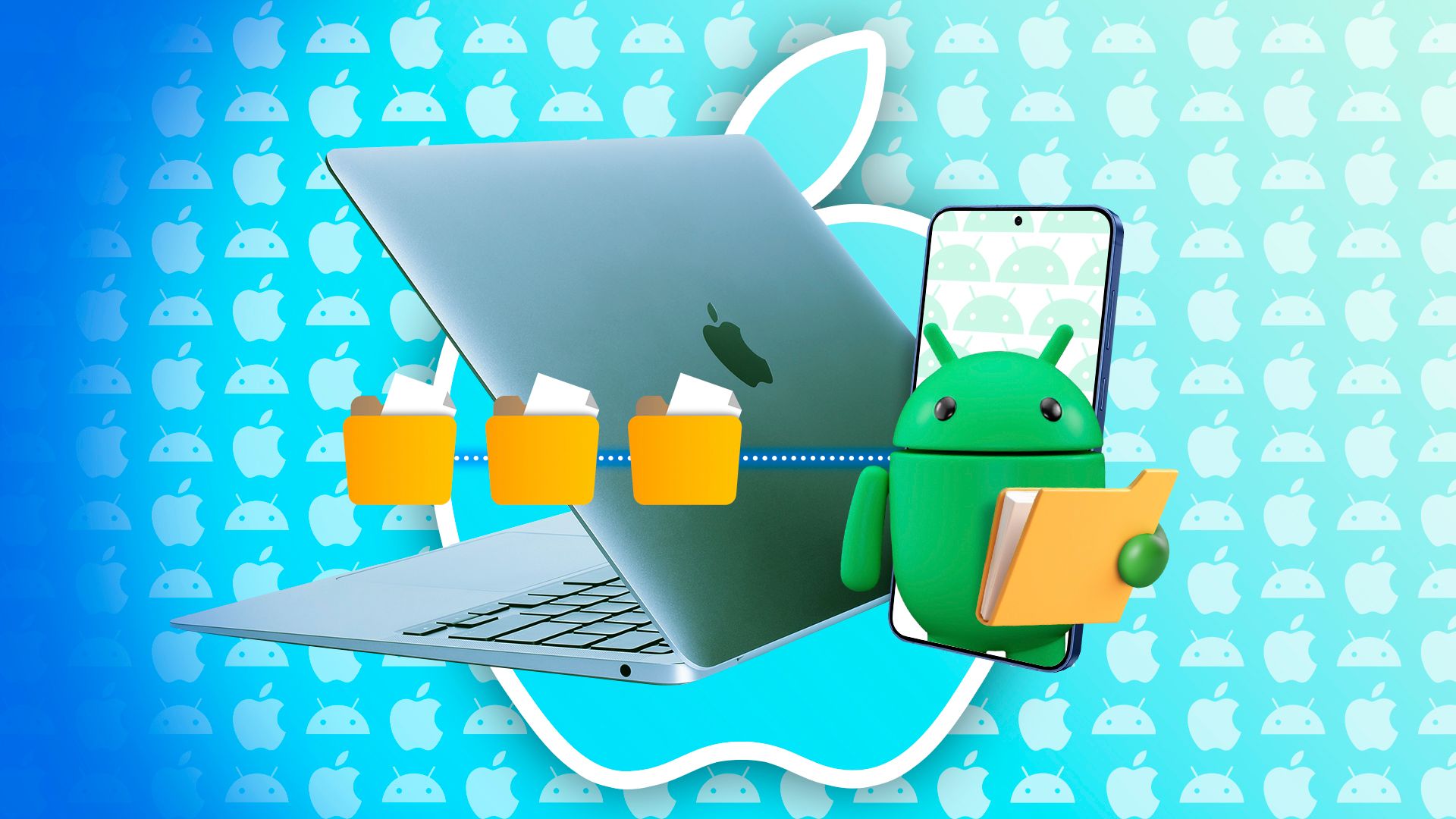
The Evolution of File Searching
File searching has come a long way from its early days. It was once considered a groundbreaking feature, especially with the introduction of Windows Vista. However, today, it's so seamlessly integrated into our daily lives that we often take it for granted.
Windows Vista and the Rise of File Indexing
Windows Vista introduced several features that were ahead of their time, including the Windows Aero theme. One of the most notable advancements was the improved file search functionality. While file indexing wasn't a new concept, Vista was the first version of Windows to enable it by default. This meant users didn't have to be tech-savvy to benefit from the ability to quickly locate files and applications.
The Microsoft developer blog provides an in-depth look at the history of file indexing on Windows. It explains how this technology evolved over the years and became a standard feature. For many users, this shift made managing digital files much more efficient. I remember experimenting with reducing the number of folders I used, relying instead on search functions. However, my experiments with third-party disk encryption software eventually led to a system crash, prompting me to explore Linux.
Linux Desktops and the Struggle with Search
Around 2010, Linux desktops were still working on refining their file indexing capabilities. I recall using KDE Plasma 4 and encountering issues with Nepomuk, a file indexing system that often crashed. Some implementations worked, but they were resource-heavy, which was a problem for laptop users who needed longer battery life.
As a college student, I had to disable these features to make sure my laptop lasted through classes. Fortunately, Linux has since improved significantly, and file searching is now a standard feature that most users don’t even think about anymore.
Spotlight on Macs
While I haven’t owned a modern Mac, I know that Spotlight is a core feature of macOS. Introduced with Mac OS X Tiger in 2005, Spotlight revolutionized how users searched for files and information. Although it wasn’t perfect at launch, it laid the groundwork for the powerful search tools we see today.
Spotlight’s impact on the computing world cannot be overstated. It set a new standard for how operating systems should handle file searches, influencing other platforms like Windows and Linux.
File Searching on Phones
Today, file searching is so ingrained in our daily lives that we no longer think about it. With smartphones becoming increasingly powerful, they now offer capabilities that were once reserved for laptops and desktops. The iPhone, for example, has its own version of Spotlight, allowing users to search for files, apps, and even content within documents.
Modern flagship phones are capable of handling tasks that were once unthinkable for mobile devices. They can encode video, play high-end games, and stream 4K media. Searching for files is a trivial task for these devices, making it easy to overlook just how advanced they’ve become.
My Experience with File Searching on a Galaxy Z Fold 6
On my Galaxy Z Fold 6, I’ve noticed how much faster and more efficient file searching has become. I pay much less attention to file hierarchy than I used to. Searching for files is nearly instantaneous, and the file manager can quickly sift through large photos and PDFs. I can even search for specific words within files, not just their names. The results appear so quickly that I often find myself clicking through folders before the search results are even displayed.
This level of performance has made me question whether folders are still necessary. If I can find any file in an instant, as long as I give them easily identifiable names, why not keep everything in one place? While I haven’t completely done away with folders, I find myself navigating them less and less.
The Future of File Management
As mobile devices continue to evolve, it's clear that file searching will only become more seamless and efficient. The technology has reached a point where I can use my phone as my primary computing device, and file indexing is just one more area where I’m amazed by how far mobile devices have come. Folders may soon be a thing of the past, replaced by a more intuitive and efficient way of managing digital files.
Comments
Post a Comment